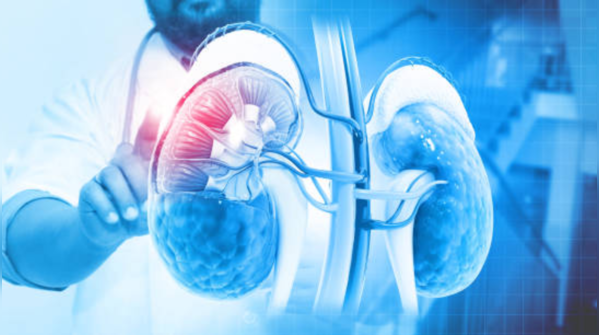
1/9
Most of us don’t think about our kidneys unless there’s a problem
Here’s the catch: kidney damage doesn’t usually scream for attention in the early stages. It creeps up silently, showing subtle signs only when things have already taken a turn for the worse. And the real shocker? Many of us are unknowingly harming our kidneys every single day with some of the most ordinary habits. So if you're reading this with a coffee in one hand and your legs crossed while binge-watching a show—this one's for you.
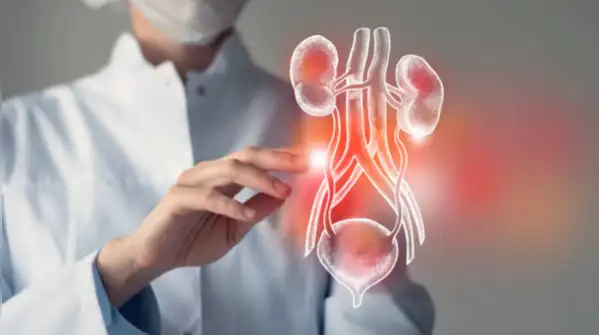
2/9
Holding in pee for too long
You’ve probably done this more times than you care to admit—during a long Zoom call, stuck in traffic, or just too lazy to get off the couch. But regularly delaying bathroom breaks can increase pressure on your kidneys and bladder, which over time can lead to infections, kidney stones, or even long-term damage. Look out for these early signs: a burning sensation while peeing, frequent or painful urination or a cloudy or foul-smelling urine. Listen to your body. The moment you feel the urge, go. Also, stay well-hydrated so your kidneys can flush out toxins efficiently.
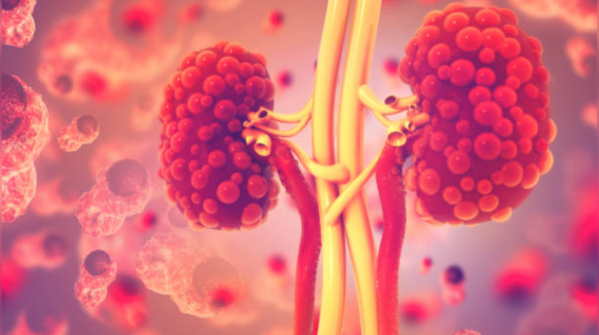
3/9
Eating too much salt
You may not be shaking salt over every meal, but if you’re loading up on chips, packaged soups, instant noodles, or takeout, you're probably consuming way more sodium than your kidneys can handle. High salt intake raises blood pressure, and uncontrolled high BP is one of the biggest culprits behind chronic kidney disease (CKD). Swelling in ankles, hands, or face, persistent headaches and high blood pressure readings are the early signs you must pay attention to. Limit sodium to less than 2,300 mg per day (about one teaspoon). Ditch the processed stuff and flavor your meals with herbs, lemon juice, or even garlic instead.
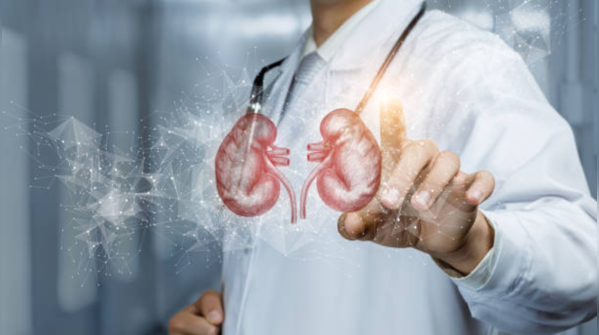
4/9
Overusing painkillers
Pop a painkiller for every headache, back spasm, or period cramp? Over-the-counter NSAIDs like ibuprofen and diclofenac can harm your kidneys if taken too frequently or without proper hydration. They reduce blood flow to the kidneys, which may lead to damage over time, especially if you're already dehydrated or have other health issues. Do not ignore signs like nausea or vomiting, decreased urine output and fatigue or drowsiness. Use painkillers sparingly. Always follow the recommended dose and drink enough water. If you need them often, speak to a doctor—it might be time to explore alternate treatments.
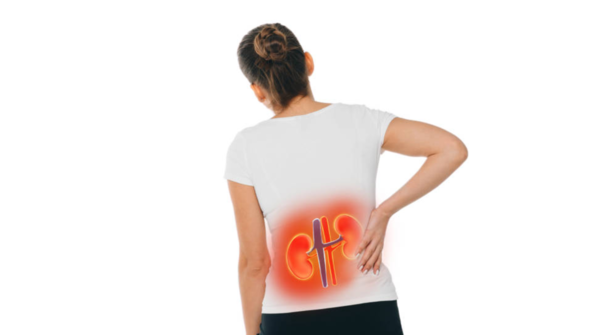
5/9
Not having enough movement daily
Netflix marathons are great for the soul, but not so much for your kidneys. Sitting for long hours with minimal physical activity slows down circulation, contributes to weight gain, and increases the risk of high blood sugar and blood pressure—both leading causes of kidney disease. Pay attention to subtle signs like muscle cramps (due to electrolyte imbalance), puffiness around the eyes and trouble concentrating. Move more. You don’t need a fancy gym membership. A brisk 30-minute walk, 10-minute stretches during work breaks, or even dancing in your room counts. Just get that blood flowing.
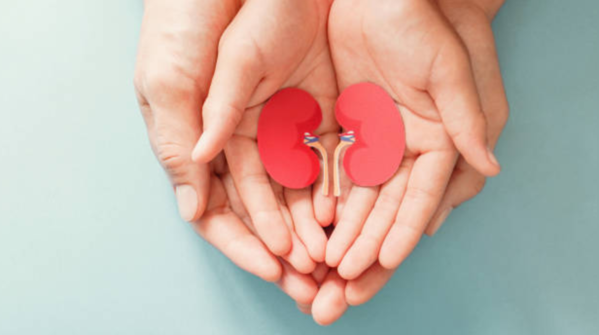
6/9
Drinking too many sugary beverages
That daily cola habit, sweetened iced tea, or the “occasional” energy drink? They're not just adding to your waistline—they're taxing your kidneys too. Excess sugar can lead to obesity and insulin resistance, increasing your risk for Type 2 diabetes and kidney damage. Frequent urination, especially at night, unexplained weight loss and dry, itchy skin. Cut back on sugary drinks and opt for water, coconut water, unsweetened herbal teas, or infused water with mint, lemon, or cucumber. Your kidneys (and your waistline) will thank you.
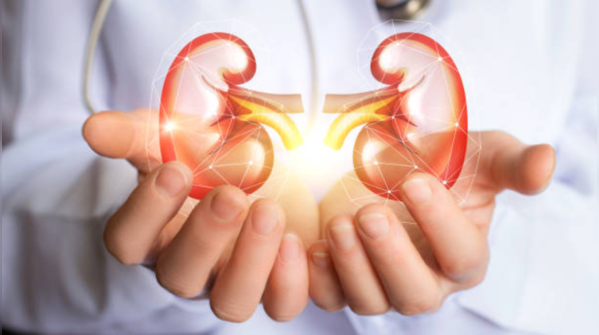
7/9
Early signs of kidney trouble you shouldn't ignore
Most kidney issues start slowly and silently. But your body does give you clues. Don’t ignore foamy or bubbly urine (a sign of protein loss), swollen feet or ankles, increased fatigue or brain fog, dry or itchy skin, or changes in urination patterns (color, frequency, or urgency). If you notice more than one of these regularly, it’s time to get your kidneys checked—especially if you have a family history of diabetes, hypertension, or kidney disease.
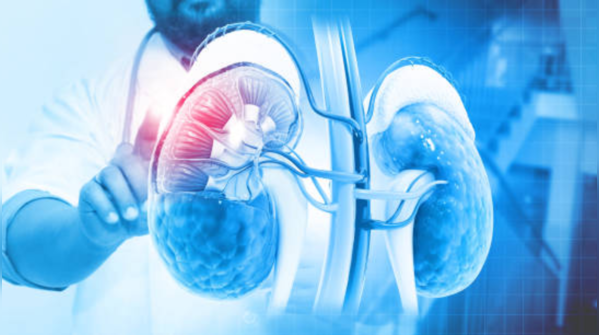
8/9
Kidney-friendly lifestyle swaps
Here are quick switches you can make starting today. Swap table salt for herbs and lemon zest. Big flavor, less pressure on your kidneys. Hydrate smarter. Don’t just guzzle water after a salty meal—space your intake throughout the day. Make your body your priority. Get up and stretch every hour, even if you’re glued to a desk.
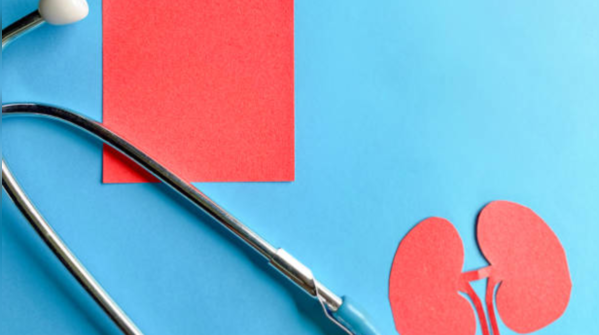
9/9
Your kidneys aren’t dramatic. They won’t beg for attention
And that’s exactly why you should be paying more of it. They work hard—day in, day out—to keep you alive and well. And in return? They just need you to skip the extra salt, move a little more, stay hydrated, and ease up on the painkillers and soda. You don’t have to overhaul your life. Just tweak a few everyday habits, and you can literally add years of healthy kidney function to your future.
Follow Us On Social Media

 1 month ago
138
1 month ago
138


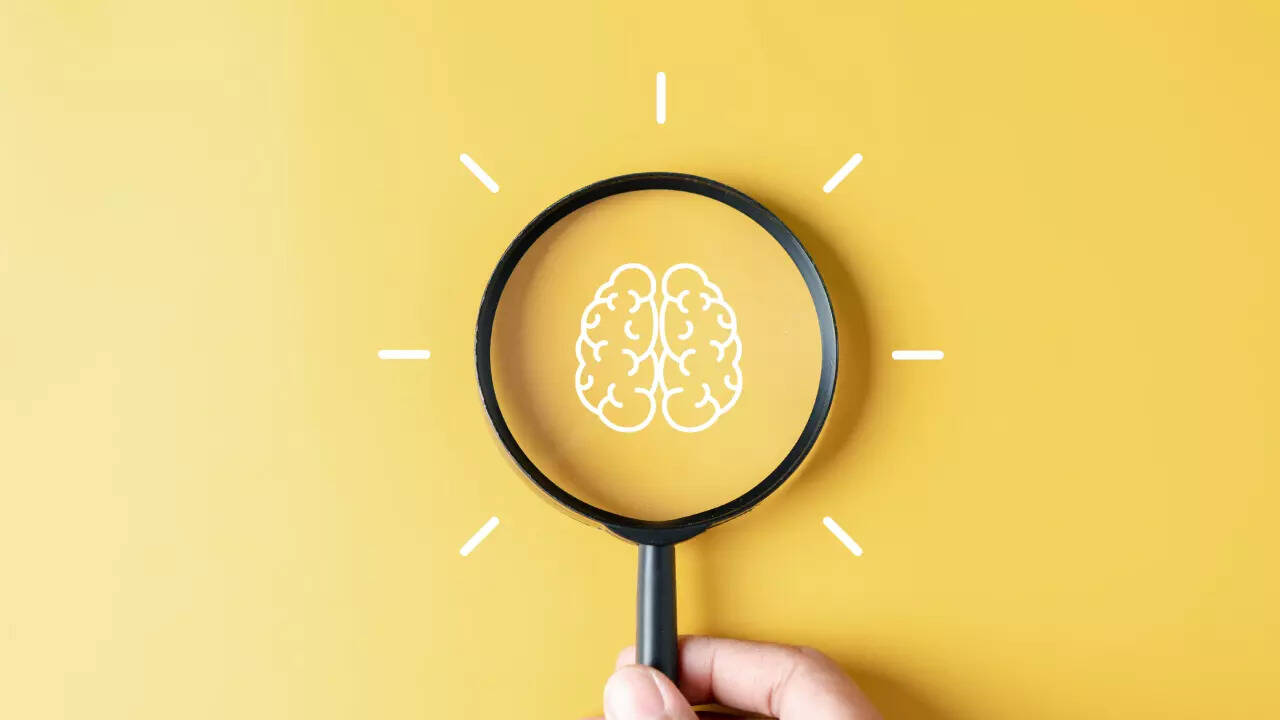

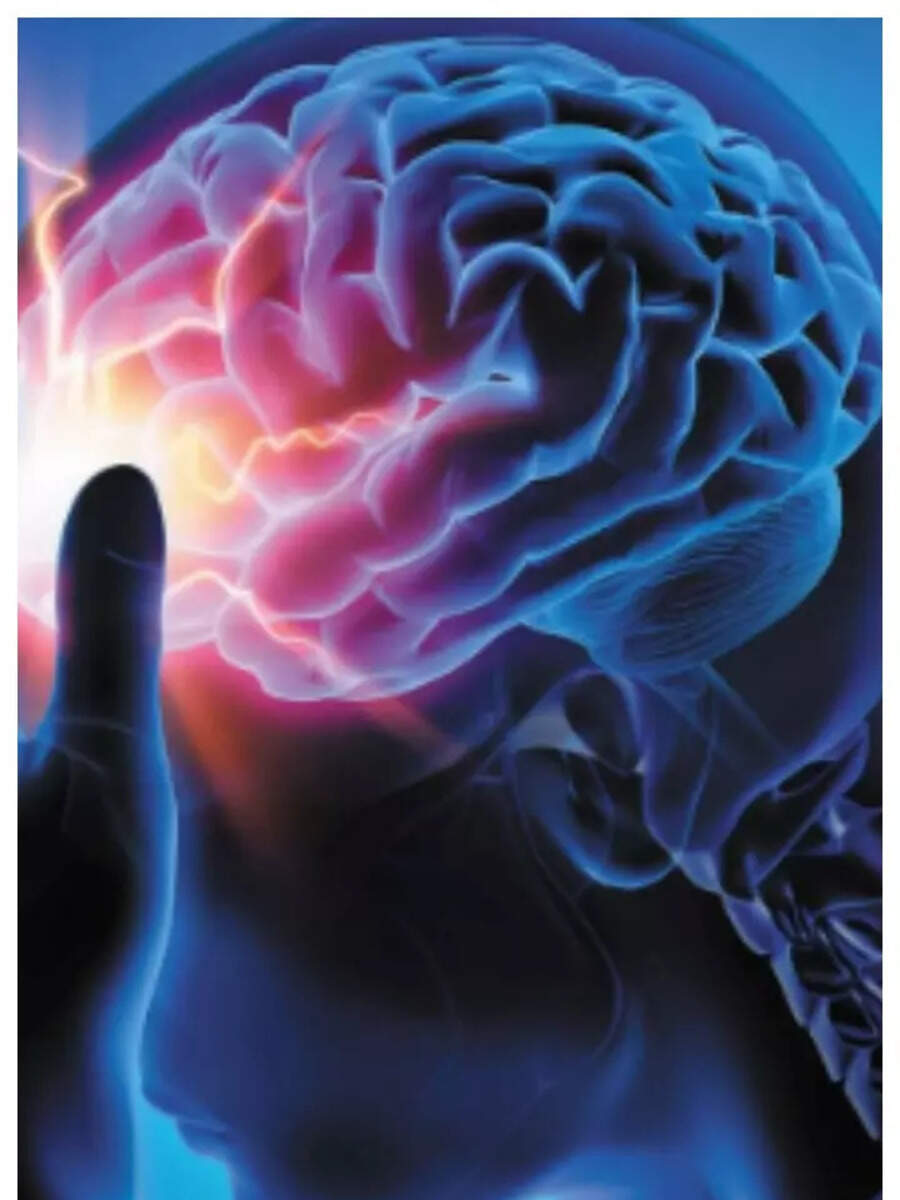


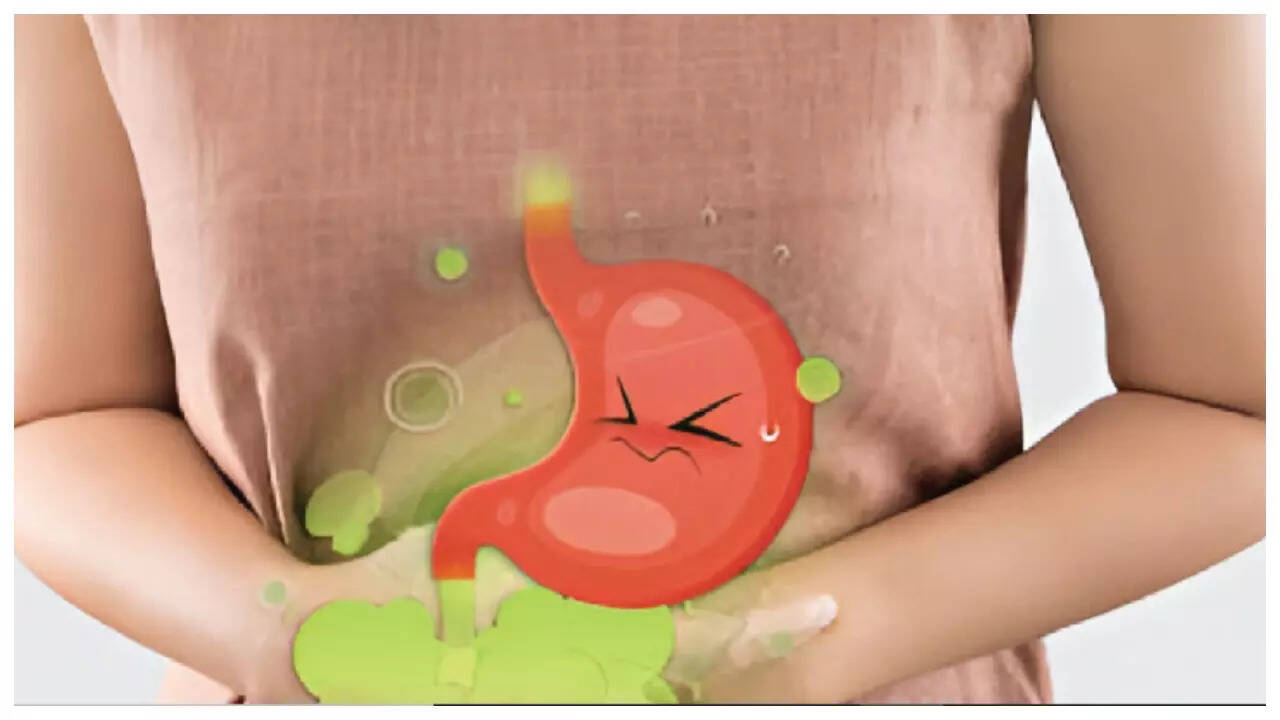


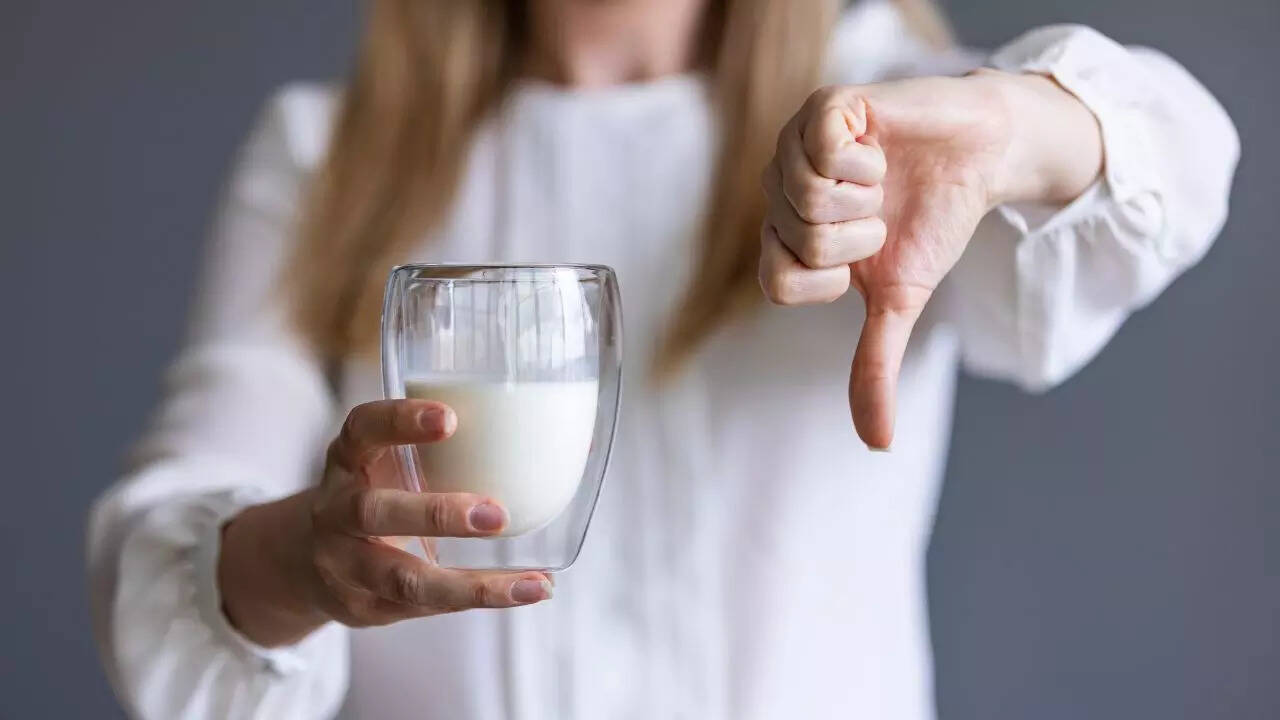

















 English (US)
English (US)